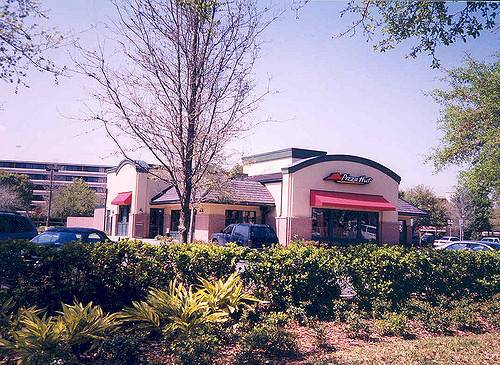
To new entrepreneurs who love the idea of running a business, but don’t have an original idea or the desire to create a startup from scratch, franchises are an appealing alternative. In theory, opening a franchise is a long-term investment that demands significant upfront capital, but has the potential to return your investment many times over, at least over the course of a few years. But considering the time investment, capital investment, and potential performance of the average franchise, can it be considered a reliably profitable investment?
The Advantages of a Franchise to a Prospective Entrepreneur
There are some advantages that franchises have over other businesses and investments:
- The model is proven (more or less). Most franchises already have several establishments following the model and turning a profit, and they’ll be able to prove it to you. Do your research proactively, and talk to other franchisees to get the real story.
- The tools and resources are already available. You don’t have to create anything from scratch; everything you need to start and run a franchise has already been created and used by others.
- b>You can still call the shots (mostly). Though you’ll have to follow some rules and regulations, you’ll still be in charge of many important decisions, giving you expert control over your investment’s profitability.
- Mentors and consultants are plentiful. Most franchises have a dedicated community of leaders and franchise owners who can help you keep your investment profitable.
Are Franchises Profitable?
If franchises weren’t profitable, they wouldn’t continue to exist. By some reports, the average franchisee can make about $66,000 annually—but this number varies dramatically across different industries, different locations, and of course, different individuals running the show. Franchises can close up, so there’s no guarantee of success, but if you manage a franchise effectively, you can earn a reliable return on your investment.
Claim up to $26,000 per W2 Employee
- Billions of dollars in funding available
- Funds are available to U.S. Businesses NOW
- This is not a loan. These tax credits do not need to be repaid
How to Make the Most of Your Investment
Assuming you do decide to go with a franchise, there are a handful of important principles you’ll need to make sure you remain firmly profitable:
- Choose the right franchise. There are thousands of franchises in dozens of different industries. Each one has unique characteristics that could affect your working relationship, as well as its eventual profitability. If you want to make the greatest amount of money, and not dread the experience, you need to choose the right franchise to work with—that means finding one with a solid financial track record, one that’s relevant to your skills, experiences, and interests, and one that could feasibly work in your target area.
- Hire an effective management team. You’ll have control over who runs the franchise on a day-to-day basis, at least to some degree. A good business is driven by good leadership, so if you put the right people into these leadership positions, you’ll have a far higher likelihood of eventually turning a profit. Don’t take this decision lightly, and don’t rush to fill the positions—instead, take your time, and find the candidates who have the highest chance of making your investment worthwhile.
- Follow the rules and regulations precisely. The rules and regulations of your chosen franchise were created to maximize potential returns; remember, corporate leadership has skin in the game here as well. Deviate where necessary, but remember that the closer you follow these rules, the more closely you’ll be able to replicate the success of franchise owners who came before you.
- Put in the time. Franchises do require some degree of time investment, especially during the first few months of your launch. The more time you put into your franchise, the greater return you’re likely to see. This means attending workshops and seminars to stay up-to-date on the latest best practices, monitoring your growth, checking in at your physical establishment, and making changes as necessary to keep your operations in healthy working condition.
- Offer a unique, personal experience to your customers. No matter how much brand recognition your franchise has, at the core of your business is a personal relationship between your customers and your physical location. If you can offer a unique, personal experience to all your customers, they’re going to keep coming back for more. Keep your employee morale high by setting a positive tone, hiring great workers, and maintaining better customer relationships with genuine care, friendly conversation, and helpful tips to customize their experience.
The Bottom Line
The bottom line here is that franchises can definitely be profitable, and if you follow the instructions provided, they’ll be profitable a reliable majority of the time…but they do require heavy investments of time, as well as capital, and rates of return are dependent on a number of variables. If you’re looking for a simple investment, or one with a predictable pattern of returns, franchises aren’t for you, but if you’re looking for something more hands-on in the business world, they can be a solid opportunity.



